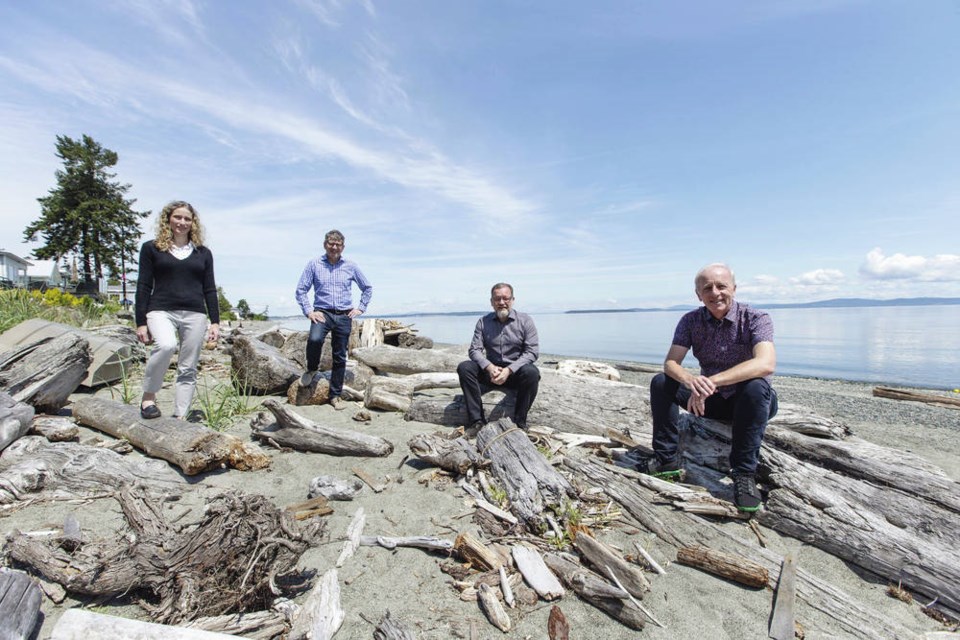A Victoria-based company that produces hemp-based, compostable fibres used in the manufacture of products such as cleaning wipes is about to increase its manufacturing footprint and start commercializing its natural-fibre production process after raising $8.5 million in equity financing.
Bast Fibre Technologies raised the money from existing investors and U.S.-based private equity firm Merida Capital Holdings.
“With this financing under our belt, we can complete the final build out of our [European] manufacturing site, continue the investment in our feedstock supply chain and enter full-scale commercialization,” said chief executive Noel Hall.
Since the company’s last financing a year ago, the number of customers using its natural bast fibres on commercial production lines has significantly increased, so investing in manufacturing capacity to feed the strong market demand is critical, Hall said.
The company raised $4.5 million last year that allowed it to complete trials and start production.
Mina Mishrikey, senior partner with Merida Capital, said the Bast Fibre Technologies management team has an “unrivalled” level of experience in both natural fibre and nonwoven fabric markets. “The company’s product pipeline has the potential for immediate consumer adoption.”
The company’s business model is based on a growing demand for sustainable fibre-based cleaning wipes and other products to be used in place of synthetic fibre products.
They are targeting customers such as Procter & Gamble, Johnson & Johnson and Costco.
With governments looking at eliminating single-use plastics, and raising concerns over the flushing of non-biodegradable synthetic wipes, the company sees an opportunity in transforming raw bast fibres from hemp, flax and jute plants into nonwoven products, including fully compostable cleaning wipes, diapers and personal-care products.
“Over the last year, we have run numerous fibre trials with our customers and it’s exciting to see this transition to commercial sales,” said president Jim Posa. “In the single-use segment alone, there are nearly six million tonnes of plastic fibre used every year, and we will play a key role in reducing the nonwoven industry’s traditional reliance on synthetic material.”



